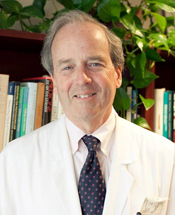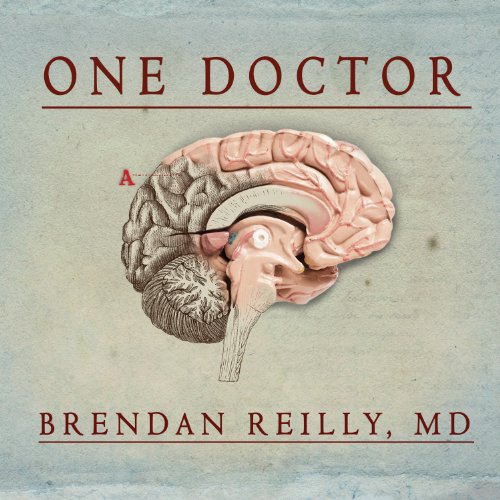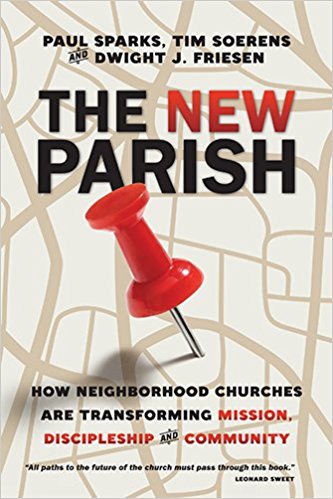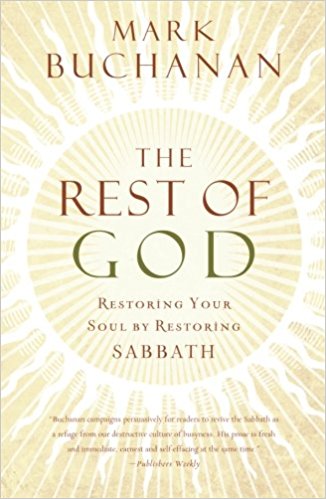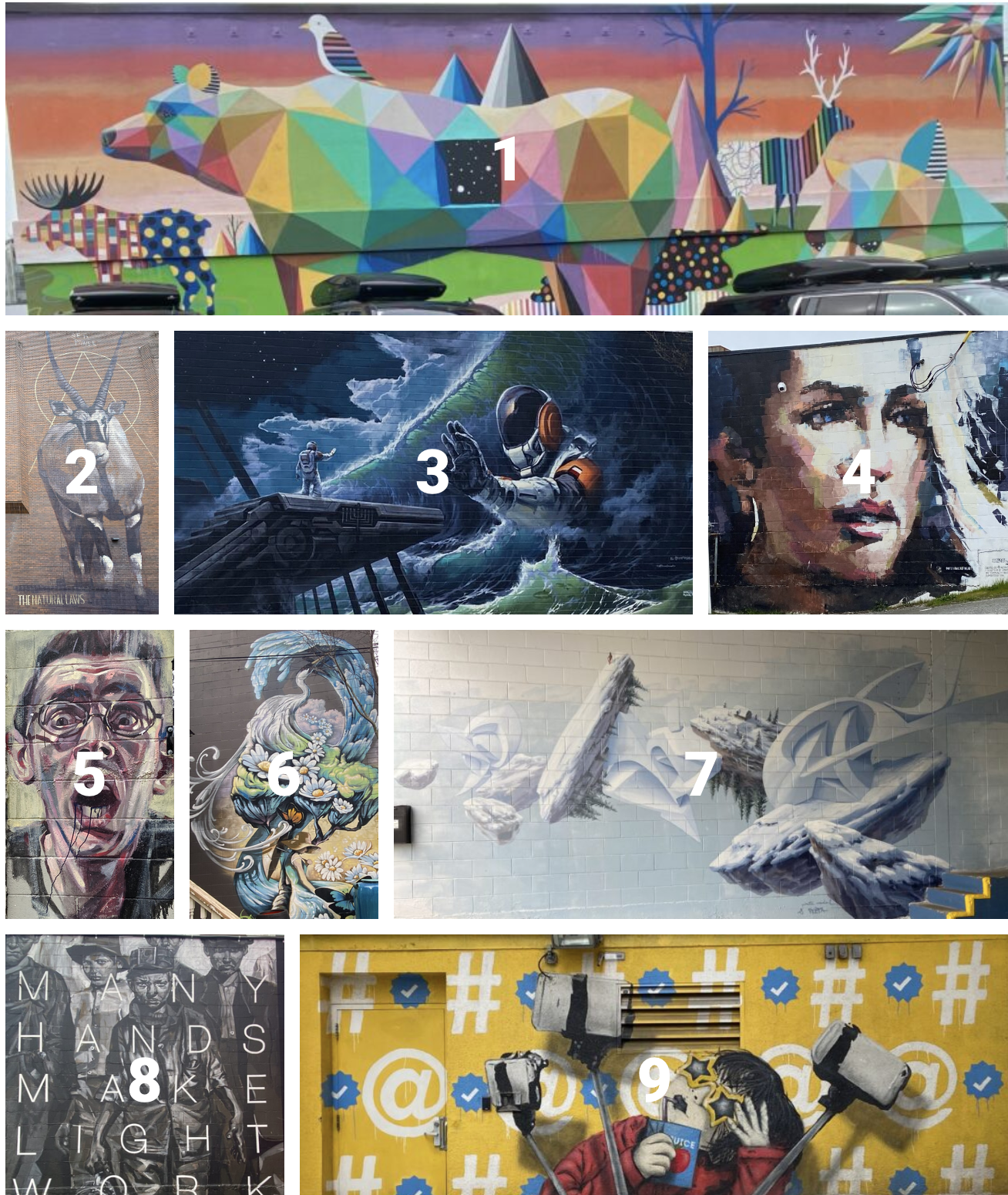A workaholic ER & Intern doctor tells his story of 30 some years in the business of saving lives. He is an excellent writer with riveting stories to tell, but he is also critical of the modern U.S. healthcare system. His words sting sometimes. His pen becomes a metaphorical scalpel. He is trying to cut into the system to see what needs removing.
Below are a few observations
- Health care is for the rich. On the 14th floor of a Manhattan hospital, for an additional 1600 per night. Your hospital stay transforms into a holiday. The rooms are penthouse suites. People wait on you hand and foot; personal chefs & masseuses stumble over each other to ensure your every whim. Naturally, only the very best medical experts come to this floor.
- The U.S. Healthcare system is bloated and wasteful. Dr. Brendan Reilly says that 1/3 of medical care in the U.S. is not necessary. But who will say “no” to batteries of tests when there is a slight chance that some ailment can be discovered and prevented? More tests, procedures and pills mean more money, and so it goes. I’ve heard Canadian medical professionals criticize the wastefulness of the U.S. system. Still, I always thought it was because Canadian government bureaucrats focused on saving money more than providing top-notch care. Dr. Reilly is siding with the Canadian criticism, and he has boatloads of examples to back up his complaint.
- One Doctor – One Patient = the big idea of this book. The U.S. healthcare system has become a giant impersonal, technical, sophisticated machine. Sadly this is not what we need. We need actual doctors who know and care for their patients. Instead, patients get bounced around from one expert to another, medical histories are not properly shared, so waste, reduplication and misdiagnosis are foregone conclusions — Dr. Reilly wishes for person-focused care versus disease-focused care.
- Well, that’s disturbing — One in four mammograms don’t reveal cancer when they’re actually is breast cancer. Dr. Reillys point is that machines don’t work perfectly. The technology needs to be used alongside of an intuitive, caring doctor who is in touch with their patient for maximum health care.
- When the best we have is a “maybe” — Sometimes with medicine, the best you can say is “could be” The same is true with religion. “Could be” is as close as we can get with our faith. Neither medical experts nor religious leaders like to admit that.
- Medical rationing: Medical rationing happens every day in the U.S. healthcare system. Some people get what they need only because others get less. Medical insurance and the prices of medical services are how healthcare is rationed in the U.S. The medically uninsured are medically underserved. (Chap 9 13:15:24) By deciding what is and is not covered in a plan, the insurer decides which patient will receive which services and when. Private insurers inject profit margins into these rationing strategies, making the whole system functionally about money and not about care. Dr. Reilly doesn’t offer concrete solutions, but he does leave his readers with a bad taste in their mouth for the system that is.
